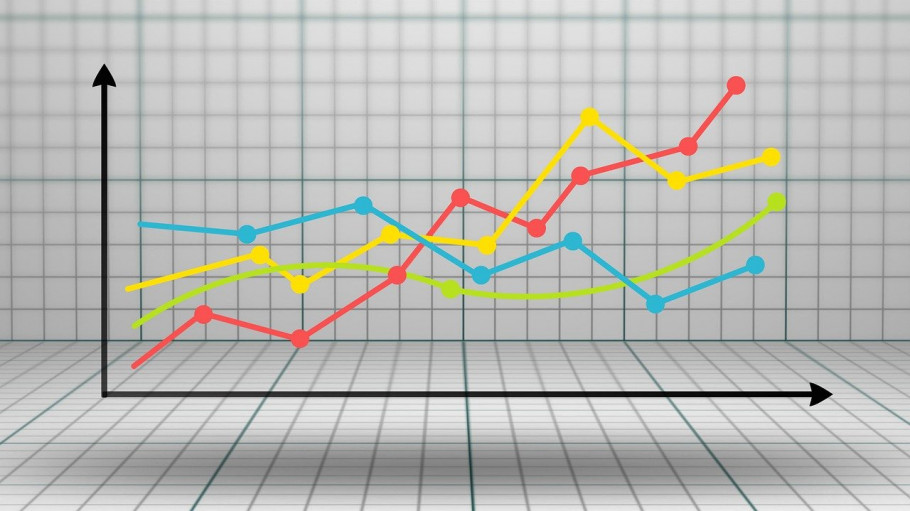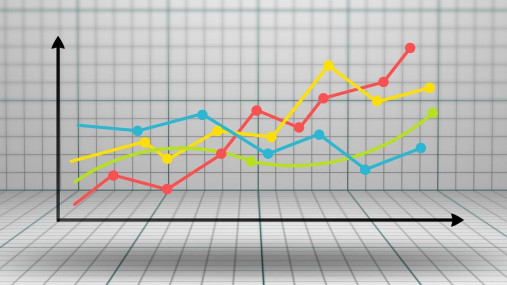
Publications » Position papers » Joint statement: energy-intensive industries urge swift action to tackle unprecedented energy crisis
Joint statement: energy-intensive industries urge swift action to tackle unprecedented energy crisis
Downloads and links
Recent updates

Brussels, 20 October 2021 - Ahead of the European Council meeting, industry calls for immediate support to address the skyrocketing energy prices which endanger the post pandemic recovery, coupled with structural measures securing the affordable low carbon energy required to meet the objectives of the EU Green Deal.
Gas and electricity prices have been rising exponentially in the last weeks and months, registering 4-to-5-time increases in comparison to last year. The main reasons for this situation are the imbalances in the gas market (which represents the primary short-term element), seasonal factors that have reduced renewable energy production, reduced nuclear energy production and increased carbon costs passed on in electricity prices.
Energy-intensive companies that are most exposed to such price spikes have been forced to react by curtailing and/or temporarily closing plants. Protracted high prices on the spot markets are also being reflected in the futures for the first semester of 2022. Such a trend represents a major threat for the full post pandemic recovery.
In addition, access to affordable low carbon energy sources represents a key condition for a competitive transition of energy intensive industries towards the climate neutrality target. Therefore, protractedly high and/or more volatile energy prices risk also jeopardising their transformation in the medium term.
The toolbox presented by the European Commission last week provides an overview of the measures that can be taken in the short term to support households and industry. We urge national authorities to exploit the full potential of the toolbox. However, it is clear that this unprecedented crisis requires additional, urgent initiatives.
In order to address the imbalances of the gas market, the EU should fully use its commercial and diplomatic pressure on the major gas suppliers. Furthermore, ad-hoc state aid rules are necessary to enable member states to react more prominently than currently allowed during periods of energy market stress. At the same time, a close monitoring mechanism of electricity and gas markets needs to be established to prevent further ‘outages’ during the upcoming winter.
While the ongoing crisis is linked to several conjunctural factors, its effects provide also important medium-term indications for the Fit for 55 Package and the overall climate and energy regulatory framework:

Download this publication or visit associated links
Letter to Commission President von der Leyen and Executive Vice-President Sejourne'
Brussels, 27 November 2024 – The European steel industry is at a critical juncture, facing irreversible decline unless the EU and Member States take immediate action to secure its future and green transition. Despite repeated warnings from the sector, the EU leadership and governments have yet to implement decisive measures to preserve manufacturing and allow green investments across Europe. Recent massive production cuts and closure announcements by European steelmakers show that time has run out. A robust European Steel Action Plan under an EU Clean Industrial Deal cannot wait or manufacturing value chains across Europe will simply vanish, warns the European Steel Association.
Brussels, 12 November 2024 - Ahead of Commissioner-Designate Séjourné’s hearing in the European Parliament, European steel social partners, supported by cross-party MEPs, jointly call for an EU Steel Action Plan to restore steel’s competitiveness, and save its green transition as well as steelworkers’ jobs across Europe.